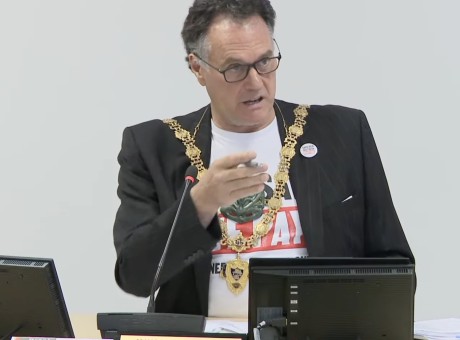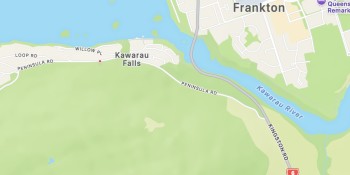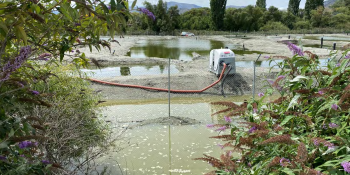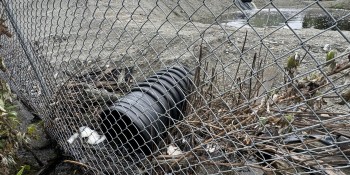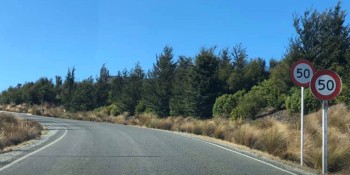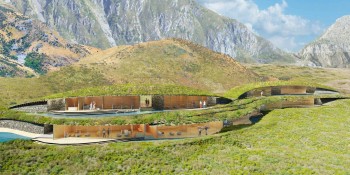Cromwell's lake guardians need new leadership
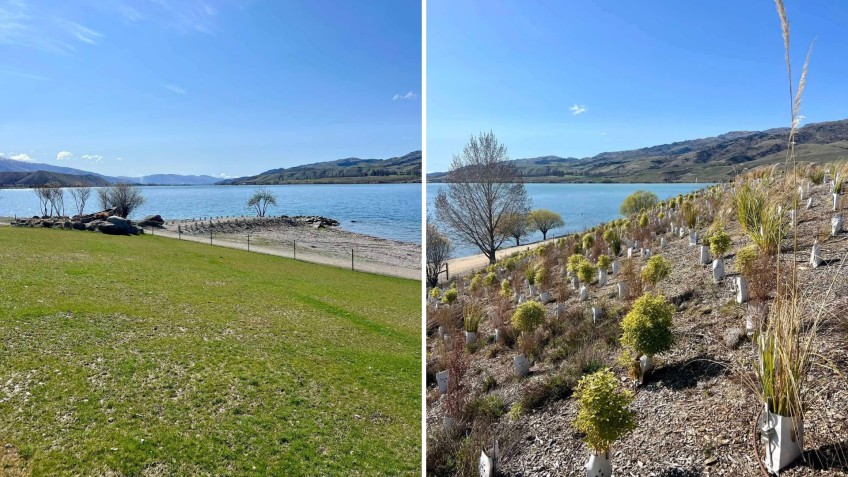
They have made significant ground securing better outcomes for Cromwell's manmade lake but now a group of community volunteers is looking to hand on the stewardship baton.
The Lake Dunstan Charitable Trust has successfully lobbied to tighten up regulation of Lake Dunstan and spent $1 million of government funding on a tidying up and replanting project on a stretch of lake edge.
But the trustees leading the work are now on the hunt for new guardians for the lake.
Former chair and current trustee Duncan Faulkner says he and a core group of others "got stuck in" five years ago, carrying on the work of others before them to advocate for the lake.
Back then, Mr Faulkner dubbed Lake Dunstan an "orphan lake" as he reckoned the organisations who should have been keeping an eye out for it - Contact Energy, the local and regional councils, and Land Information New Zealand - were not doing a good enough job.
Fast forward to 2024, and things have changed.
The advocacy work of the trust helped trigger an overhaul of resource consent obligations on Contact Energy, which operates the Clyde Dam.
A lot of it focused on the Kawarau Arm of the lake, which starts outside of the Cromwell Heritage Precinct and runs upstream towards Bannockburn.
Here the lake is increasingly silting up, drift wood can end up log jammed on beaches, and boats are struggling to navigate or even launch.
The trust, like a dog with a bone, continually pushed for the powers that be to make changes to get the best for the community out of a bad situation.
Contact Energy, Mr Faulkner says, "has really stepped up and changed how they operate" as a result.
He thinks the hard work is done - the "instruction book" on how to achieve great outcomes for the lake and the community "written".
"We're looking for people to step in so we can step out...we're trying to find the next group of people to take it forwards."
If trustees cannot be replaced, the trust is at risk of winding up, and Mr Faulkner believes that would be a loss for the community.
Annual spring clean at risk
For several years the trust has coordinated an annual clean up day around the lake edge to ready public spaces for summer as the colder weather retreats.
Clearing weeds and rubbish helps make the shoreline more accessible for swimmers, picnickers, and boaties, and encourages native plants to thrive.
The community clean up has been happening since 2010, and others organised it before the trust.
But, unless fresh volunteers put their hands up to run it, it may not happen this year.
Reflecting back on his time, Mr Faulkner says it has not always been easy, and critique from some in the community directed towards what is essentially a group of dedicated volunteers has made it tougher than it needed to be.
"At the start, we had zero funding to do what we did, taking on Contact Energy, the ORC the CODC. It takes a lot of time, researching legal papers and court decisions and understanding the complexities of biodiversity. There was a lot of learning, there was a lot confrontation, there was a lot of being hammered on social media."
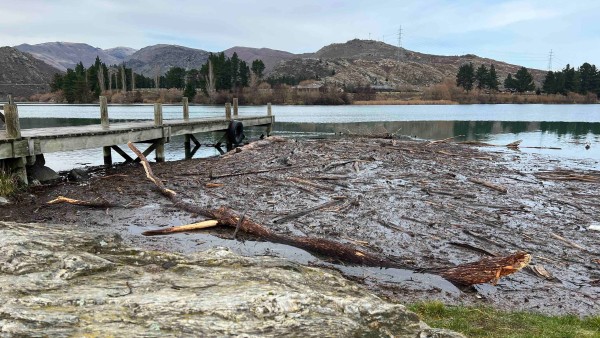
Logs accumulate on the edge of Lake Dunstan outside the Cromwell Heritage Precinct in 2022 (Image: File).
Then, things ramped up another notch when the trustees secured $1 million of funding from central government's post-Covid 19 Jobs for Nature Fund in 2021.
Mr Faulkner says he "got wind there was a lot of money available", so thought he would "try his luck".
'The challenge was just the naysayers'
"We were quite successful. That money went into community consultation in order to create a community vision for Lake Dunstan, which becomes a guiding document for the future of the lake. It's kind of like a long term plan."
The remaining funds paid for the planting of 12,000 natives and the removal of "truckloads of invasive weeds", he says, as well as a spruce up of the green space outside the boat club on McNulty Inlet, to make it more usable.
A partnership with the Department of Corrections will provide some additional people power in the years ahead to look after the plants.
"The challenge was just with the naysayers. It felt like a bit of 'tall poppy syndrome'. From the moment we got the money, there were accusations that we weren't capable of delivering on what we wanted to do, and there were people complaining about the project before we'd even gotten started, let alone delivered the project.
"It felt like there were a lot of people waiting for us to fail."
At one point, the trust had to get local police involved after it was discovered fresh plantings had been vandalised. The trust suspected it may have been the work of holiday home owners worried about losing their lake views.
"There were all these really unexpected things...You enter into these things thinking, 'I want to do good, I'm doing this in a voluntary role', yet you have people that go out of their way to make things difficult for you."
Main images (Supplied/Lake Dunstan Charitable Trust): McNulty Inlet on Lake Dunstan has been a focus of the Lake Dunstan Charitable Trust's lakeside planting and clean up work.






